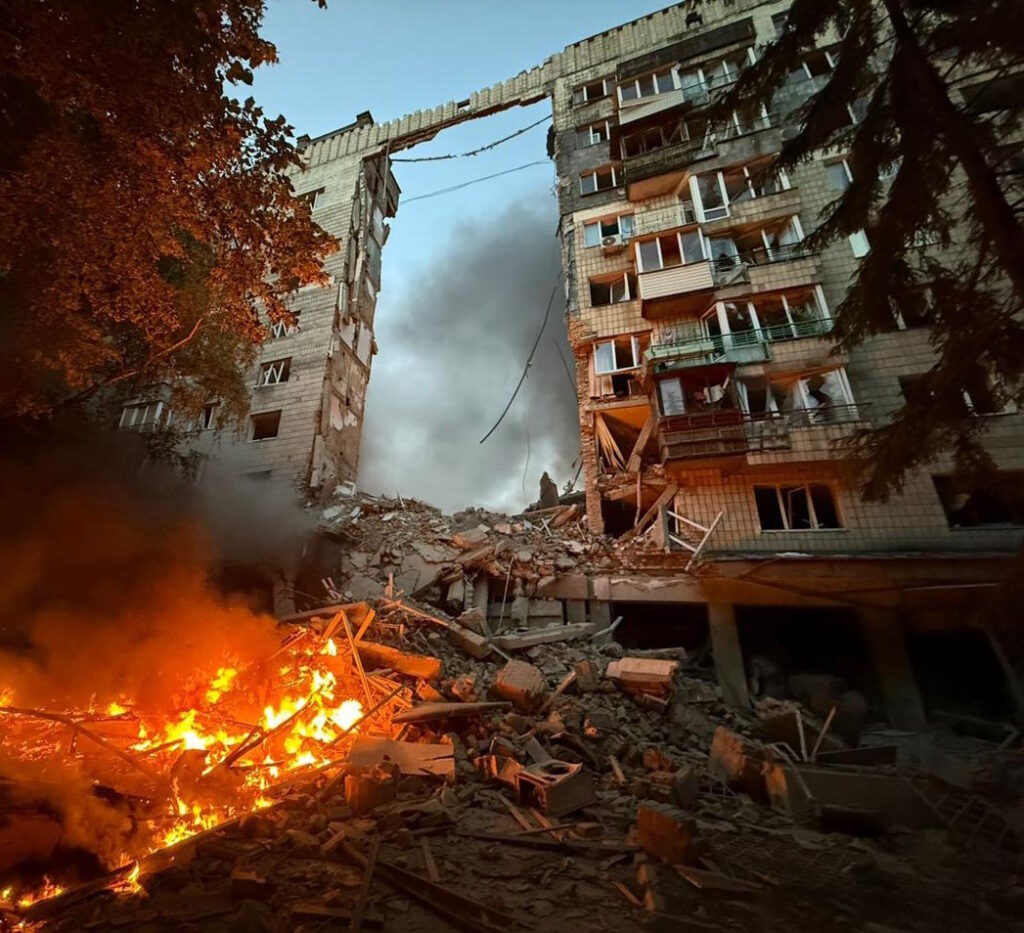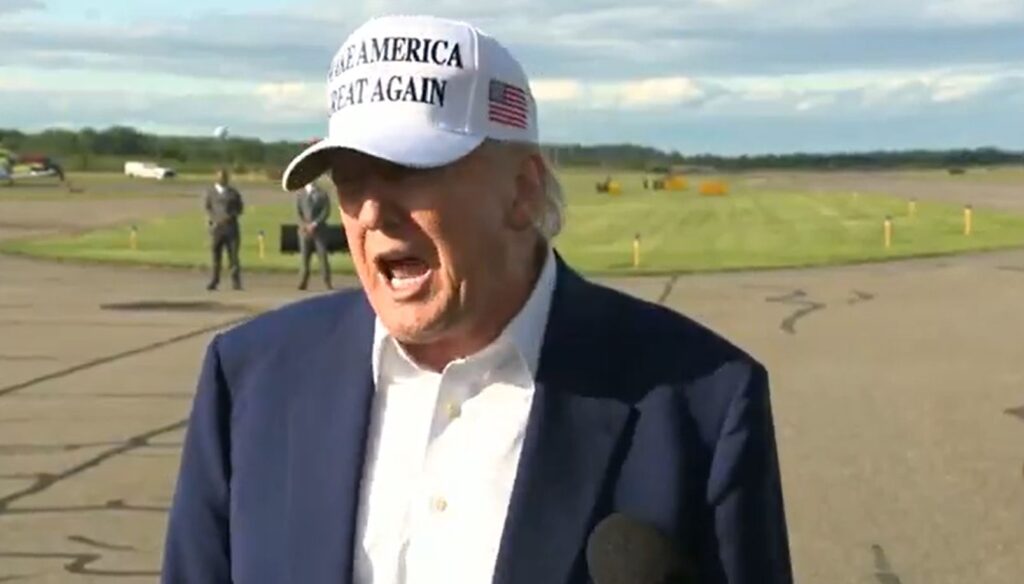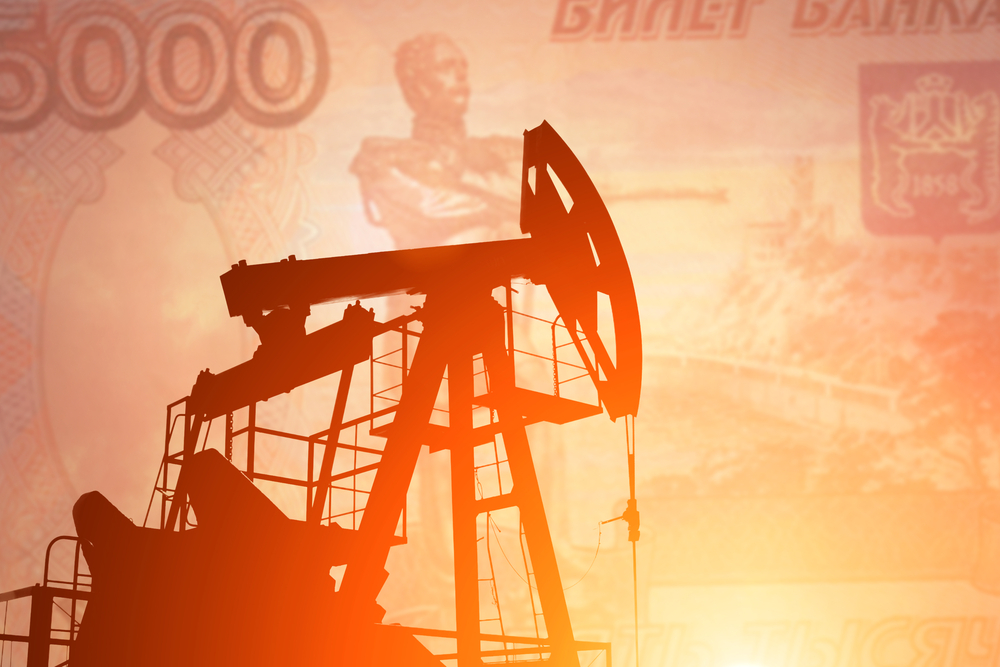Zelenskyy: Russia only intensified attacks on Ukraine since Trump took office, more pressure on Russia needed

Speaking at the G7 summit, Ukrainian President Volodymyr Zelenskyy argued that Russia intensified its nightly aerial campaigns as the primary tactical adjustment since Donald Trump returned to the White House, with drone swarms becoming routine rather than exceptional.
According to Zelenskyy, Russia now routinely deploys 100 drones per night against Ukrainian targets, a scale that would have been shocking a year ago.
“If last year the use of 100 ‘Shaheds’ in one night caused real shock, now it already seems unusual if fewer than 100 drones are used in one attack,” the Ukrainian leader stated.
The president characterized this intensification as “the only real change in Russia’s behavior after the change of US president,” suggesting Moscow has adapted its military strategy to the new political landscape in Washington.
“And it proves that those who support new and stronger sanctions against Russia are absolutely right,” Zelenskyy added.
Meanwhile, during the G7 leaders meeting in Canada, Trump told reporters he would not approve new sanctions against Russia, citing them as costly for the US and still expressing hope for a potential peace deal.
The Ukrainian president, however, addressed stalled diplomatic efforts, noting that while the US and President Trump had proposed ceasefires and negotiations, “Russia blocked all efforts.” He urged continued pressure on Trump to leverage his influence with Putin to end the war.
Zelenskyy argued that Russia continues its military operations without facing adequate consequences, making the case for stronger international sanctions.
He specifically called on G7 members to work with the United States to implement a $30 per barrel price cap on Russian oil and to maintain $40 billion in annual budget support for Ukraine.
“Together, we must make this painful for Russia. The EU’s 18th round of sanctions should also hit Russia’s energy and banking sectors,” Zelenskyy said.
The United States, however, is blocking European efforts to lower the G7 price cap on Russian oil from $60 to $45 per barrel, despite EU and UK pressure to reduce Moscow’s war funding. The proposed reduction is part of Europe’s latest sanctions package aimed at cutting deeper into Russian oil profits used to finance the Ukraine invasion, but the final decision rests with President Trump, who has shown no flexibility on the issue.
Read also
-
Russia kills 14, injures 114 with missiles and drones in Kyiv as G7 leaders meet in Canada and Trump rejects sanctions (updated)
-
Parents find out their son died buried under rubble of destroyed building after Russian missile attack. He was among 21 recovered bodies [updated]
-
“Burned structures, broken glass, melted plastic”: Russian drones cause massive civilian damage in Ukraine


